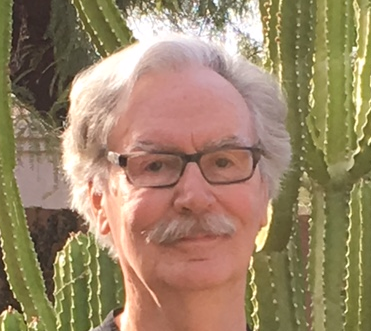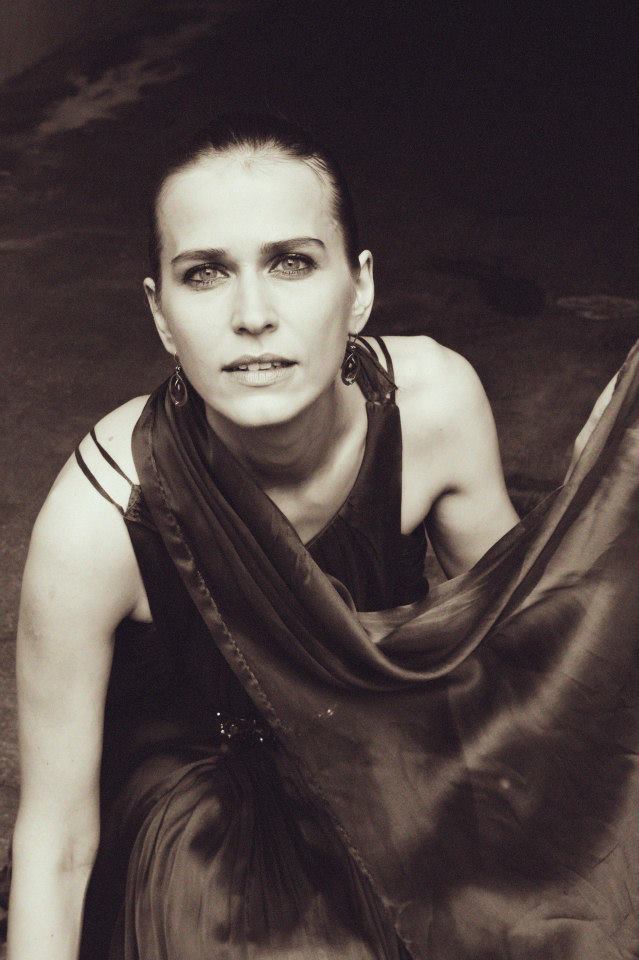Great to have you back!

1
Videos
About
Dave’s musical training began at the age of 9 and included piano and percussion. In high school his studies included theory, composition and conducting. He received a Bachelor of Music from Mt. Union College and continued studies in New York. Here he studied composition privately with Hall Overton, professor at Julliard, along with Richie Bierach, jazz pianist. In New York, he joined the First Moog Quartet associated with Robert Moog as a keyboard synthesist. The Moog group toured the United States making appearances at many colleges and with several major symphonies.
Over the span of his career, he has received grants in composition from the National Endowment for the Arts, Wisconsin Arts Board, and Milwaukee Arts Board. He has composed music for piano, jazz ensembles, string quartet, woodwind quintet, contemporary dance as well as film and commercial TV. His has also taught jazz theory, and electronic music at the Wisconsin Conservatory of Music.
Presently he resides in Scottsdale, Arizona where he continues his career as a composer.
Sheets
Interview
What does music mean to you personally?
When I was 7 years old I came into my house from playing and my mother was playing a recording of some Mozart and I just froze and listened. She then played a recording of Benny Goodman’s Band and that was it. There was no turning back. I started piano lessons, which began my path in music. No other experience but music can challenge and bridge the right and left parts of the brain allowing full expression to be possible.
Do you agree that music is all about fantasy?
I would say fantasy is a major component. I find terms like fantasy, imagination, and creativity are all parts of the whole art experience. Sometimes music can be taken in an abstract way or very literal depending on the listener’s perspective. That being said, my favorite pieces are those that present a fantasy journey and that is my personal approach to writing. Sometimes I compose with an image in my mind other times just an emotion. I find this helps me focus on the work keeping the music congruent.
If you were not a professional musician, would you have been?
After my music degree and advanced studies in NYC I was attracted to engineering that led to another degree. Throughout my life I have done both and found that experience to be the bridge I mentioned in the first question. However, as time progressed music became my first passion. After all there are only two universal languages: mathematics and music.
The classical music audience is getting old, are you worried about your future?
No, classical music has always been a part of the human experience. As the younger generation matures so will their tastes in music. Great music will always find an audience.
What do you envision the role of classical music to be in the 21 century? Do you see that there is a transformation of this role?
The role of classical music should always be to lift the soul of its audience and educate them as well. It is about music educators, conductors, performers, classical radio programmers and composers taking the lead by growing and evolving with the times. Music education plays a big role by encouraging students to join a choir or band and here we bring in the skills of the music faculty to choose good classical music composed by living composers. Regarding transformation, it seems that pop music is continually morphing while classical music seems to be stuck in the mud. On the surface there appears to be two camps: atonal and tonal which is like the U.S. politics where nothing ever gets done. The transformation must be a holistic approach to bridge the gap.
When I say that classical music is searching for new ways or that the classical music is getting a new face, what would come to your mind?
I am pleased that so many classical composers/musicians today are being influenced by the whole global experience (i.e. crossover) Latin, jazz, music of India, etc. I personally have played/studied jazz piano for many years and find that people like Keith Jarrett, Lyle Mays and Bill Evans have had as much influence on me as Ravel, Chopin, etc. Recall that the evolution of jazz included the influence of the great classical composers and how jazz, in turn, has influenced many of these composers. Another positive movement is the return to tonality, which gives the audience a choice for music that is more intuitive, approachable and organic.
Do you think that the classical musician today needs to be more creative? What’s the role of creativity in the musical process for you?
There are two answers to this: first the composer’s creative process must lead them to be true to themselves not a follower, anything else is a lie. Creativity is the engine that drives all of the arts and humanity. I cannot imagine living or composing without experiencing creativity. My proof, look at what the creativity of Michelangelo created.
Second: the composer must be creative in how they promote themselves.
Do you think we musicians can do something to attract young generation into the classical music concerts? How will you proceed?
The composer must continue to create colorful, imaginative and exciting music. Look how John Williams captured multiple generations of young people using elements of classical music. Let’s face it most youth “listen” by watching movies so a composer must write music that captures the same experience. The instruments/sound sources might be an orchestra, piano or involve fusing traditional instruments and electronic sound libraries. The sound palette today is endless.
Tell us about your creative process. Do you have your favorite piece (written by you) How did you start working on it?
I typically start with an image or emotional that renders itself to a story or tone poem. This will set the scene for how I will proceed and keeps my artistic compass on track. At this time my favorite piece is my Fantasie#1 The Fairies Escape for piano but overall I am pleased with all of my works and very rarely do rewrites. Sometimes if I cannot find my way while composing a work I abandon it.
We, Moving Classics TV, love the combination of classical music with different disciplines: music and painting, music and cinematography, music and digital art, music and poetry. What do you think about these combinations?
When I was studying music in college I hung around more actors and painters than musicians, it was so stimulating to meet with people who shared the same creative drive that I did but worked in a different media. Some of my favorite moments have been composing music for modern dance troupes. The experience of working with a choreographer was thrilling to say the least and I learned how important it is to make artistic compromises. Another is creating music for independent filmmakers that presents a challenge in communicating our creative ideas.
Can you give some advice for young people who want to discover classical music for themselves?
Enjoy the musical moment. Challenge yourself to listen to different types of music outside of pop. It is like trying foods that you have never had but are willing to indulge in. Think of classical music as the new “food channel network” (lol). Go to a live performance of an orchestra, recital or go online and discover the beautiful music.
Now it is a common practice in the media to talk that the classical music is getting into the consumption business, do you agree? We are speaking about the supply and demand rules and how to sell your “product” in your case your compositions. How do you see it?
Naturally classical music must be a “business” in order to survive. I am more concerned that really good music, especially by living composers, is the product to be sold. I would like to paraphrase a remark attributed to the great bandleader Duke Ellington: there are only two kinds of music, good and the other kind. I strive to NOT be the other kind. By following that path, selling my music/product will be a lot easier.
Do you have expectations what regards your listeners, your audience?
My only desire is that they try to connect to my work and share the musical experience (feelings, emotions) that I am presenting.
What projects are coming up? Do you experiment in your projects?
I am currently trying to finish up a group of piano works each with it’s own distinctive story and genre. Then I want to finish up my string quartet with influences from Bartok and Janacek. I want to explore creating or utilizing unusual scales from which colorful chord progressions will grow.
Copyrights © 2019 Moving Classics TV All Rights Reserved.
